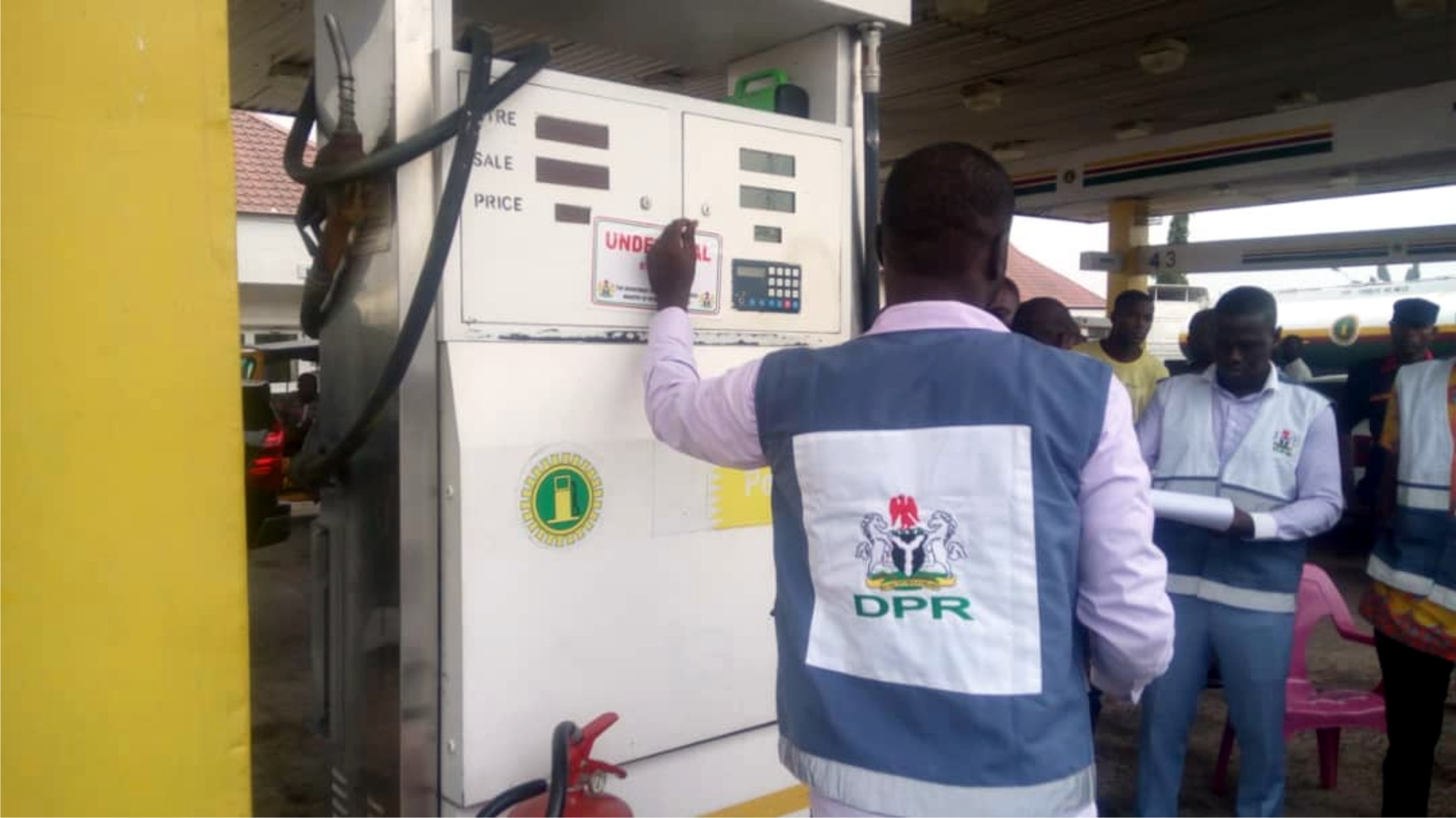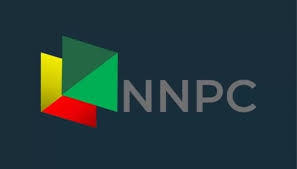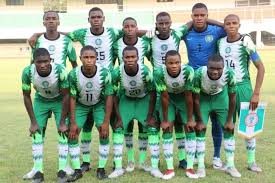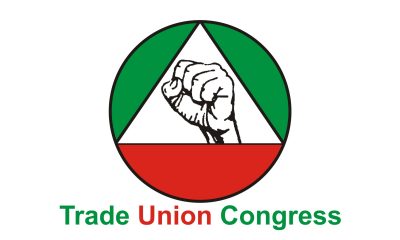Oil & Energy
Irregular Operational Licences: DPR Seals Four Filling Stations In Anambra

The Department of Petroleum Resources (DPR) has sealed off four filling stations in Anambra State for conducting their businesses without up-to-date operating licensces.
The Operations Controller, Awka office of the DPR, Mr Okiemute Akpomudjere, disclosed this in an interview with newsmen in Awka on Friday.
Akpomudjere said that apart from being a requirement of the law to have a valid operating license, the marketers would also have the advantage of enjoying all privileges of business entities, including claims in the event of accident.
He said the Department had met with Independent Petroleum Marketers Association of Nigeria (IPMAN), Lubricant and Engine Oil Association, LPG Retailers Association and the National Association of LPG Marketers, to inform them on the license drive going on in the state.
According to him, we have observed that most marketers do not have current licenses, which means that their operating licenses are not current, but they are required by DPR regulations to have a valid license to operate.
“So we have engagements with all the stakeholders, including petroleum marketers, gas dealers and lubricant dealers and informed them on the need to regularise their operations by renewing their license and avert being shut down.
“This week alone, we shut down five filling stations belonging to major marketers: we chose to begin with the big ones so that the smaller ones will have an idea of what will come to them, because we are embarking on an aggressive license drive.
“In the course of our interface, they told us that a major challenge they are facing is the issue of tax clearance from the Tax Office and that is essentially because their books are not up-to-date, so we have told them to keep a good accounting system and sort it out because that is not an excuse,” he said.
Akpomudjere said the DPR would be stringent in enforcing use of the right metering to avoid taking undue advantage of their customers.
DPR is working to ensure that there is right dispensing of products, while marketers now have the right to fix prices, they don’t have the right to under-dispense or shortchange customers.
“We want to sound a note of warning to marketers to ensure that they dispense the right volumes and make sure that Nigerians have value for their money.
“Our teams are in the field to make sure that the meters are correct, we are determined to protect unsuspecting Nigerians,” he said.
Responding to the non-renewal of members’ operating licenses, Mr Chinedu Anyaso, Chairman, IPMAN, Enugu Depot, said the association had been encouraging members to update.
Oil & Energy
FG, MEMAN Chart Ways To Safe Petroleum Products Delivery

The Federal Government and key Petroleum Products marketers have proposed new measures to help curb rising cases of road accidents involving petrol tankers.
This followed recent incidents of road accidents resulting in cremation of hundreds of lives and causing extensive damage to properties.
Speaking at the Discourse organised by Mejor Energy Marketers Association of Nigeria (MEMAN) in Lagos, Thursday, with the theme “Improving Safe Transportation of Petroleum Products”, the Minister of State for Petroleum Resources (Oil), Heineken Lokpobiri, noted with dismay the number of casualties the country recorded recently due to tanker accidents.
Lokpobiri stressed the need for an enhanced training for tanker drivers, installation of detection leak devices as well as other safety systems that can assist drivers.
He called on Marketers and Federal Road Safety Commission (FRSC) to strengthen collaboration with stakeholders, especially in the training of tanker drivers.
On his part, the Minister of State for Petroleum Resources (Gas), Ekperikpo Ekpo, reaffirmed government’s commitment to providing enabling environment to ensure safety of petroleum products transportation.
Ekpo, who was represented by Engr. Abel, said consideration should be given to more safety means of transporting products like the pipelines and railway line.
He stressed the need for better training for drivers and implementation of safety regulations within the industry.
Earlier, Chairman, MEMAN, Huub Stokman, said the Association has elaborate training manual for members truck drivers.
Stokman insisted that more training programmes and consistent adherence to safety measures would help to curb road accidents involving tanker drivers.
Also speaking, the National President, Nigerian Association of Raod Transport Owners (NARTO), Yusuf Lawal Othman, called for support.
Oil & Energy
Benue To Pioneer Gas Production From Coal – NGEP

The Chairman, National Gas Expansion Programme (NGEP), Prof. Mohammed Ibrahim, has said that the production of coal bed methane, an unconventional form of natural gas extracted from coal, is set to begin in Benue State.
Prof. Ibrahim staed this while addressing newsmen at the end of a joint meeting of the National and State gas expansion committees with Benue State Governor, Hyacinth Alia.
He said the Federal Government is committed to expanding gas availability in Nigeria for domestic use and mobility.
Ibrahim added that extracting gas from unconventional coal sources rather than traditional hydrocarbon reserves is a way to boost gas availability.
“Essentially there are four areas of implementation that the committee has identified. One is to pioneer the production of gas from what you call coal bed methane, which means that Benue is going to pioneer in the country the production of gas not from conventional hydrocarbon, but from non-conventional coal just so that the nation will have an alternative source to gas availability”, he said.
Also speaking, the Chairman, Benue State Gas Expansion Programme, Dr. Emmanuel Chenge, said the gas expansion initiative would contribute to the economic transformation of Benue State.
“The good news is that Benue is set to join the league of gas-producing states and if we are conversant with what being a member of the gas-producing state is, it shows that Benue State will start getting derivatives from that sector of the economy”, Dr Chenge stated.
The National Gas Expansion Programme (NGEP) was established to boost the exploration and utilisation of gas in Nigeria and make Nigeria a gas-based industrial nation by increasing the use of gas for transportation, cooking, and industrialization.
Oil & Energy
NNPC Debunks Explosion Claim In Warri Refinery

The Nigeria National Petroleum Company Limited (NNPCL) has said there was no explosion at the newly refurbished Warri Refining and Petrochemical Company (WRPC).
NNPCL’s Chief Corporate Communications Officer, Olufemi Soneye, made this known in a statement issued on Friday night.
Soneye said reports claiming that there was an explosion at the Warri refinery were false and should be ignored and disregarded by the public.
According to him, the refinery was undergoing routine maintenance.
His statement read, “NNPC Ltd. wishes to clarify that there was no explosion at the Warri Refining and Petrochemical Company (WRPC). Any reports suggesting otherwise are completely false.
“On January 25, 2025, operations at WRPC Area 1 were intentionally curtailed to carry out necessary intervention works on select equipment, including field instruments that were impacting sustainable and steady operations.
“These intervention works are essential to ensure the production of on-specification finished and intermediate products, particularly Automotive Gas Oil (AGO) and Kerosene (Kero).
“The routine maintenance is progressing as planned, and Area 1 will be back in operation within the next few days.
“Despite ongoing interventions, over the past 11 days, AGO loading has been maintained at an average of eight trucks per day, with a sufficient supply available to sustain ongoing truck load-out operations”.
Soneye added that the NNPCL was committed to ensuring an uninterrupted supply of petroleum products from the refinery.
He said the company “appreciates the patience and cooperation of all stakeholders as it completes these essential maintenance activities”.
-
Rivers4 days ago
Appreciate God, Elder Statesman Urges Nigerians
-

 Sports1 day ago
Sports1 day agoEaglesite Football Academy Targets Grassroots Dev
-

 News1 day ago
News1 day agoRelatives Of Deceased Pension Contributors Get N82bn –PenCom
-

 Niger Delta1 day ago
Niger Delta1 day agoPolice Arrest Boy, 13 For Using Gun To Threaten Colleagues
-

 Featured4 days ago
Featured4 days agoTUC Opposes FG’s Proposed Toll Gate On Federal Roads, Rejects Electricity Tariff Hike
-

 News4 days ago
News4 days agoBe Consoled, God Who Gives, Also Takes, Fubara Tells Principal Secretary
-

 Opinion1 day ago
Opinion1 day agoEFCC’s Alternative Approach Against Cybercrime
-
News1 day ago
NDLEA Busts Drug Kingpins In PH, Lagos As Suspects Excrete 125 Heroin Wraps

